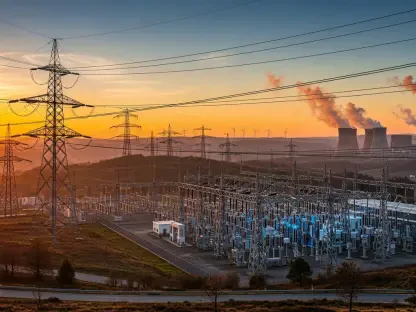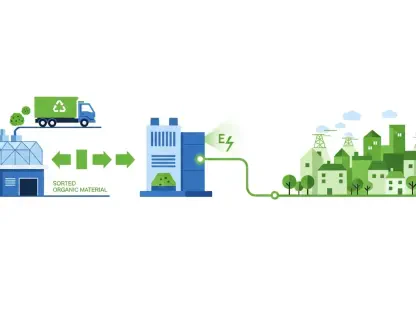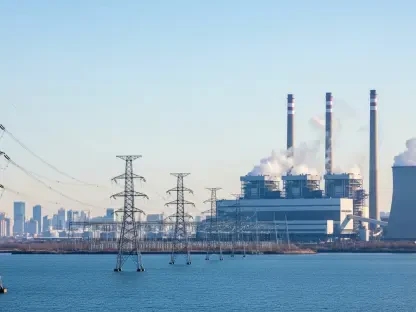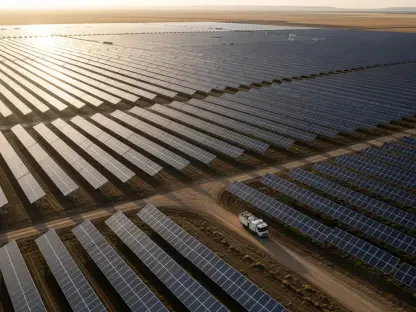A recent study led by Richard Marcantonio from the University of Notre Dame unveils a paradox where the world’s biggest polluters remain largely unaffected by the environmental damage and conflict they cause. Despite contributing significantly to environmental degradation, these nations face fewer adverse effects compared to countries with minimal ecological footprints. This disparity highlights pronounced inequalities, majorly impacting poorer countries in the Global South, which bear the brunt of climate change and ensuing conflicts. The research challenges conventional views on the link between ecological risks and political instability, revealing that high ecological sustainability does not necessarily equate to peace. Utilizing a holistic approach that considers ecological footprints and intrastate conflicts, the study provides new insights into these issues. It stresses that environmental deterioration can exacerbate competition for scarce resources, further fueling conflicts and displacement. With rising global environmental and conflict risks, the study calls for innovative strategies to manage these paradoxes sustainably, urging policymakers to reevaluate conservation and conflict resolution policies. Marcantonio emphasizes the need for future research to explore how sustainable peace can be achieved globally without sparking new conflicts. This study serves as a call to action for global cooperation to prioritize equitable and durable solutions for environmental sustainability and peace.









